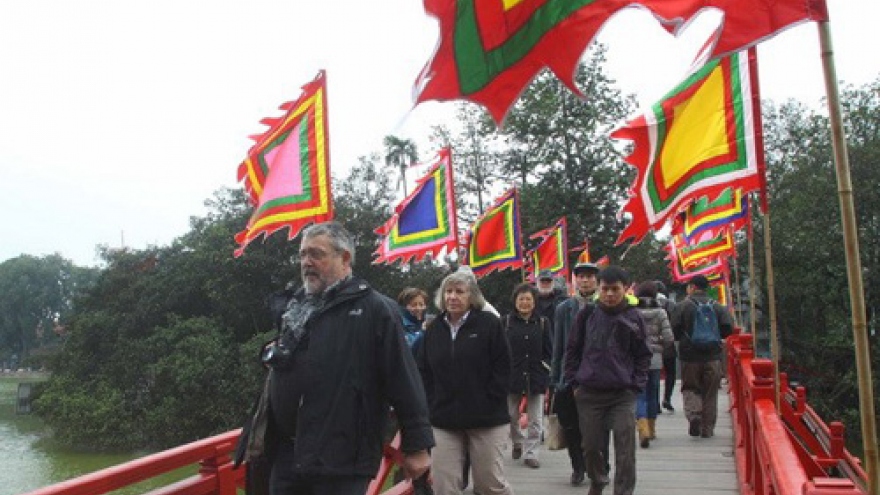Japanese tourism promoted in Vietnam
Japanese destinations were introduced to Vietnamese visitors at a tourism workshop and tourism fair held by the Bureau of Tourism, Culture & Exchange of Nagoya city, Japan’s Aichi prefecture in Ho Chi Minh City on October 27.
 |
The events were part of activities forming a memorandum of understanding on cooperation signed between Aichi and HCM City in September.
Addressing the workshop, Chairman of the HCM City People’s Committee Nguyen Thanh Phong said Japan is a market that has attracted Vietnamese tourism firms and those from HCM City in particular.
Vietnam has promoted various programmes to bring Vietnamese holiday-makers to Japan and vice versa, he noted.
The events offered an opportunity for travel firms of both countries to learn about potential and demand in the two nations, he said, adding that they contributed to cooperative relations between Aichi and HCM City, and strengthened the partnership between Vietnam and Japan.
Representatives from the organising board hoped the workshop would foster tourism links, saying that Nagoya wishes to welcome more Vietnamese tourists.
According to HCM City’s Tourism Department, some 276,000 visitors arrived from Japan in the first nine months of this year, a year-on-year increase of 8.6%, accounting for 49% of the number of Japanese tourists to Vietnam in the period.
The number of Vietnamese tourists visiting Japan hit more than 185,000 as of late 2015, said the Nagoya bureau.

